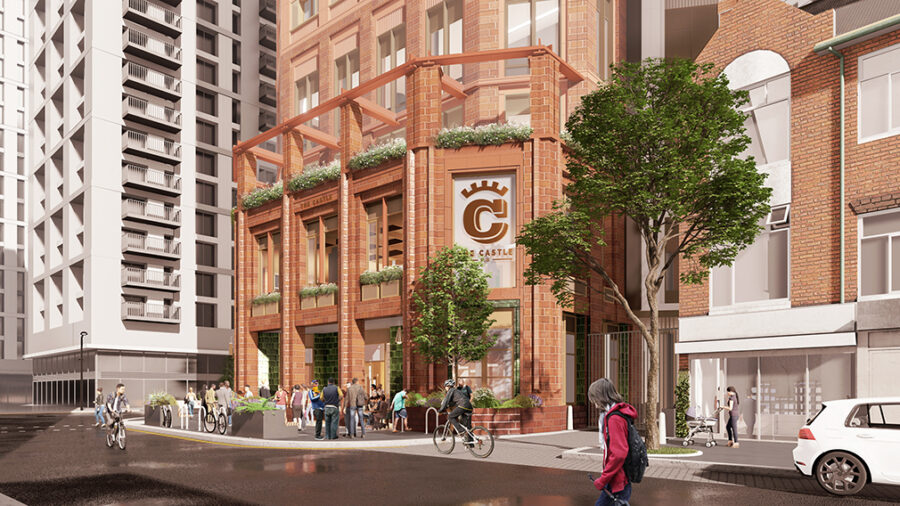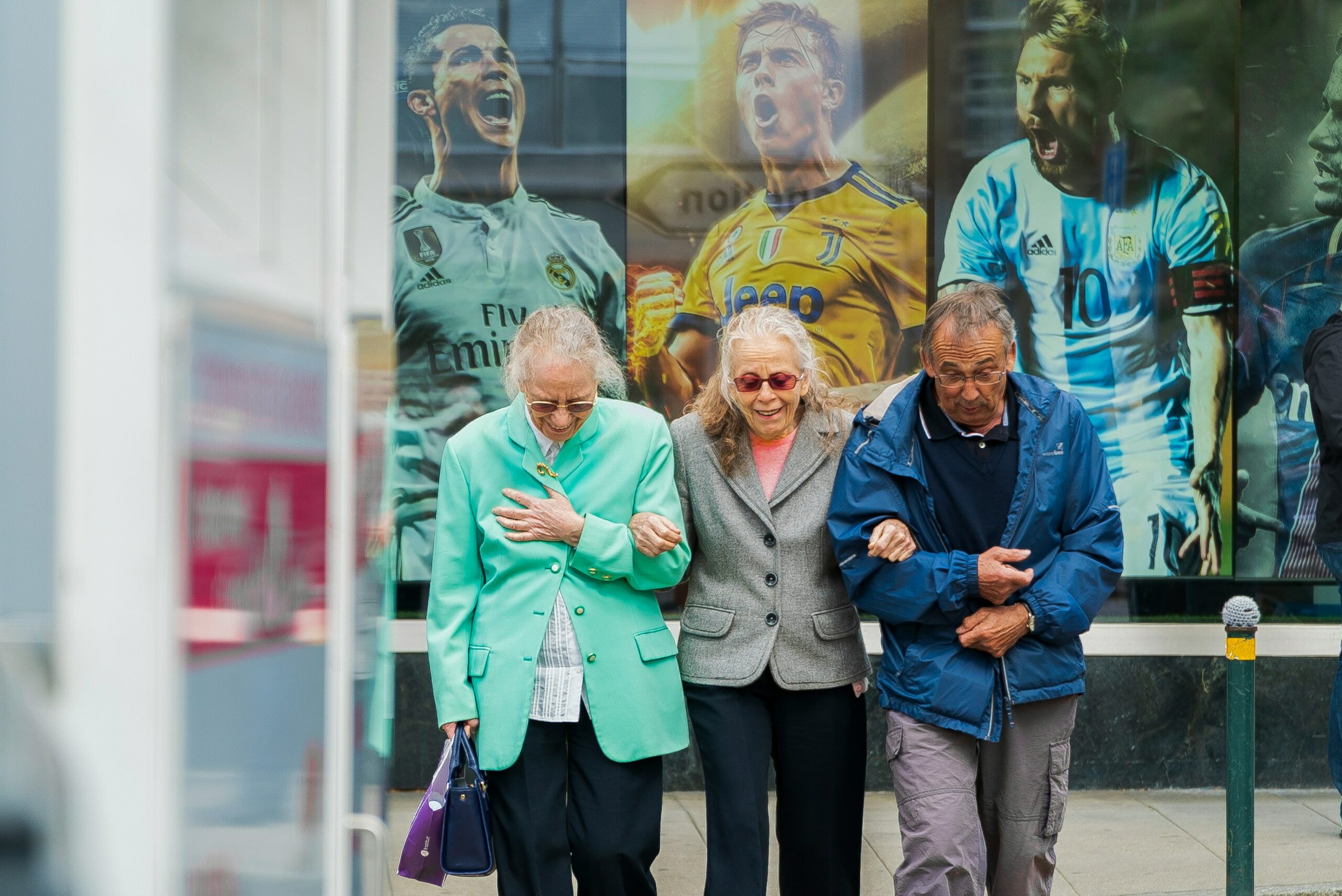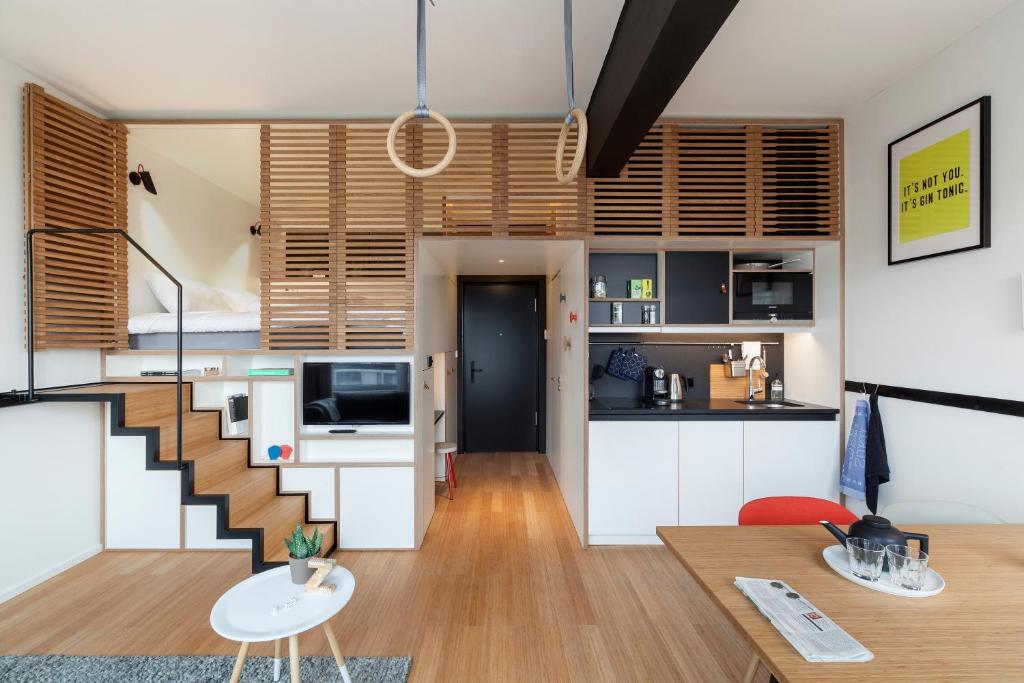UK: IHM, publisher of Urban Living News, held its latest Urban Living Insights: Serviced Apartments event at Blue Orchid Tower Suites in partnership with Corporate Housing Factory, Charles Hope Apartments and Hubbl.
The half-day ULI event preceded the annual Serviced Apartment Awards, a black tie ceremony held at Leonardo Royal Hotel London City. Ahead of the celebrations, serviced apartment operators, investors, business developers and technology providers gathered to learn more and share insights about the extended stay market.
To kick off, IHM’s editor-in-chief George Sell hosted a discussion on investment and M&A acitvity with Vedrana Riley, founder at Ciel Capital, Andy Porter, business development director at Coutts, and Vladimir Volkov, COO at Skyside International Ltd.
Riley commented on how institutional investors, both on the acquisition and lending side, are now willing to take on trading risks with serviced apartments. The pandemic has proven that serviced apartments can maintain high occupancies with margins in the 50s, and Porter added there’s enough data intelligence about the sector to justify lending.
In Luxembourg however, Volkov highlighted that lending had stopped flowing into serviced apartments. The situation is not helped by rising interest rates and equity ratios. He expects that interest rates will stabilise in Europe over the next few months, with cities remaining popular for lending and acquiring. The regions will continue to remain tricky.
Porter said that institutional investors will prefer to have a brand, though argued that in London this is varied. He shared that around 40 per cent of overseas investment was being focussed on the capital, specifically on hotels and serviced apartments. Though from a brand perspective, this is largely determined by location.
If boutique and F&B driven, a brand is not necessary in London whereas “bread and butter hospitality” will likely require an “engine behind it”.
Riley added that the strength of the operations behind the property is equally important, and can help determine whether a brand is required for serviced apartments. There are many established operators now which fragments the market, although early signs of consolidation have already been witnessed such as Brookfield’s acquisition of SACO and the company’s following rebrand to edyn.
Moving on to discuss development, ground up projects typically have less challenges and issues. For example, it’s easier to cross-design buildings and split inventory between hotel rooms and serviced apartments, which makes a project more attractive to sell. In the current climate however, as a result of high construction costs, the general sentiment on ground up projects is pretty negative.
Conversions and extensive refurbishments are more appealing than ground up developments at the moment. Local planning authorities are generally playing ball, and from a policy stand point there’s a greater focus on ESG. As a result, repurposing buildings is a favoured approach.
In a following discussion on ESG and climate change, Stuart Godwin, Lamington Group’s finance director estimated that it costs around £20,000 to retrofit one unit. He argued that there needs to be a consistent way to report and demonstrate ESG standards – especially when ESG compliant funds require developers to provide evidence of “green” properties post-refurb.
Alex Stewart, CEO of Hubbl, added that London customers are generally more aware of sustainability credentials, and that this demographic is willing to pay a premium for these types of products and offerings.
The next Urban Living Insights event on 14th June 2023 will focus on Senior Living. Tickets are available to purchase here.
For further details and to learn more about IHM and other upcoming events, please email info@internationalhospitality.media.








